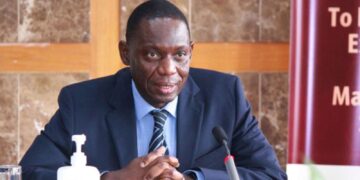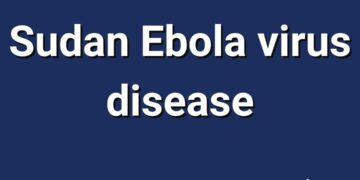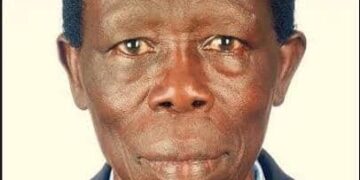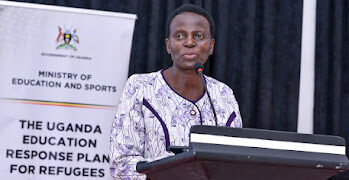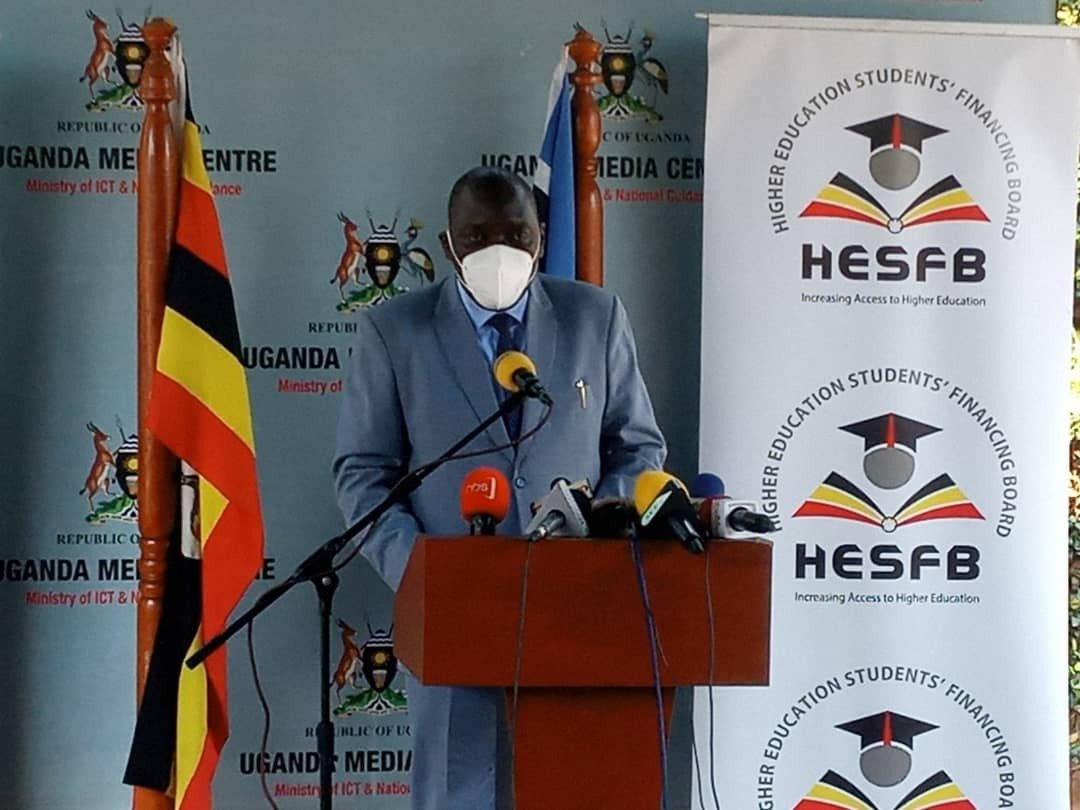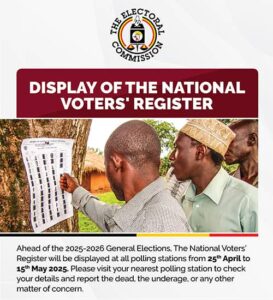The World Health Organization (WHO) has denied Donald Trump’s claims that the coronavirus was created in a laboratory.
Last month, the US President suggested the disease originated was man-made in a Chinese lab.
Pressed to explain what evidence he had seen that the virus originated in a Chinese lab, Trump responded, “I can’t tell you that. I’m not allowed to tell you that…And I think the World Health Organization should be ashamed of themselves because they’re like the public relations agency for China.”
But, Maria Van Kerkhove, WHO technical lead on Covid-19 response and the head of emerging diseases and zoonosis unit dismissed Trump’s claims, saying coronavirus comes from bats, the Daily Mirror reported on Monday.
Speaking on the BBC’s Andrew Marr programme, Kerkhove said: “Coronaviruses normally circulate in animals and many coronaviruses are circulating in bats.
“Most emerging pathogens, viruses, come from an animal reservoir. Everything that we have seen about the novel coronavirus Covid-19 or Sars-CoV-2, of the tens of thousands of sequences that are available, full genome sequences and partial sequences, compared to other coronavirus sequences that are available, this is of a natural origin.
She said what is required is to understand what is called the intermediate host – the animal that was infected from bats that potentially infected humans.
“It’s important that we know this because from a public health point of view, it’s very important that we find the animal host so that we prevent this, (what) we call spillover from transmission from an animal to a human, we prevent that spillover from happening again.”
Dr Van Kerkhove added that all countries must remain “on alert” over the possibility of further transmission of coronavirus.
When asked if a second wave of infection could be likely in countries that have started to ease their lockdowns, Ms Van Kerkhove said: “It’s certainly possible. What we’re seeing in a number of countries that have been successful in suppressing transmission is that many more people remain susceptible.”
She added: “All countries must remain on alert for the possibility of additional transmission even if they have been successful in suppressing transmission in the first round.”
















